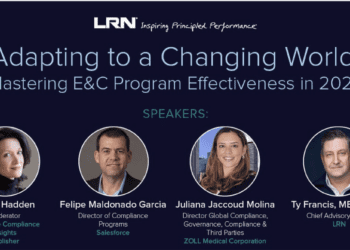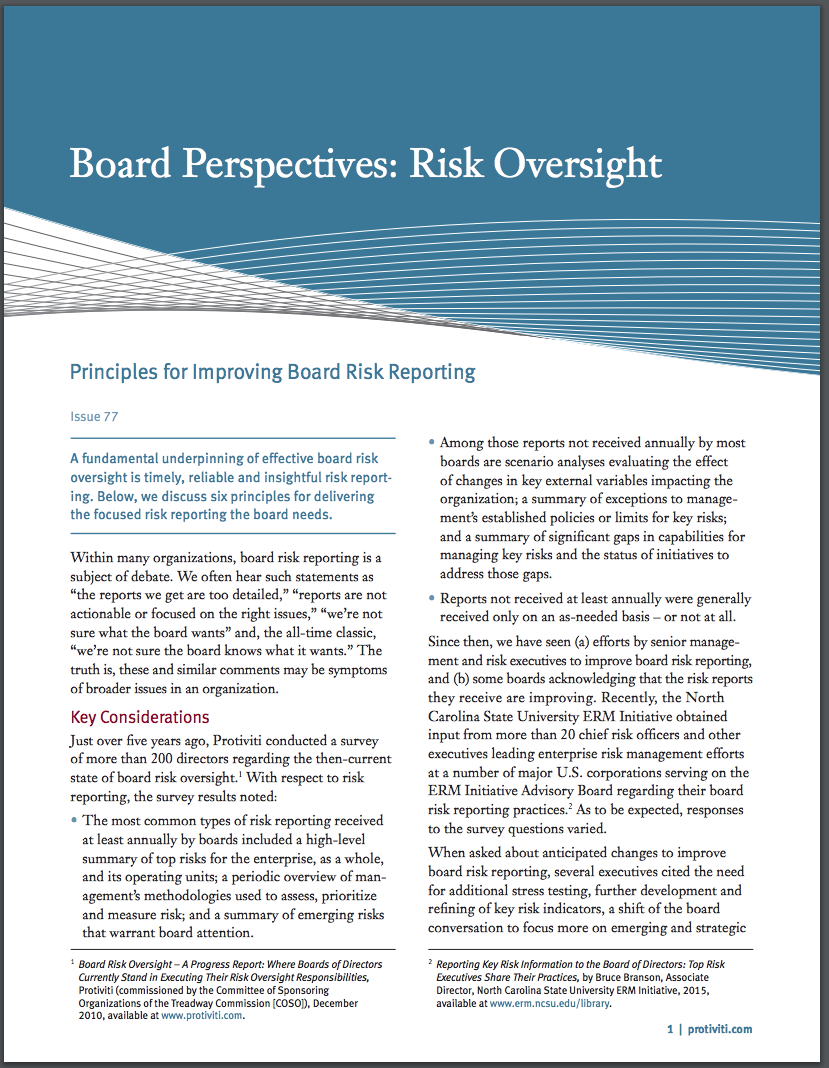As Paul Revere gazed out his window, seeing the signal lantern in the tower of the North Church, he cried out… “The Examiners are coming!!! The Examiners are coming!!!”
Paul’s wife, startled, leapt to her feet and excitedly remarked, “Now what do we do?”
First of all, do not panic. Most likely you have been operating for approximately 12 to 18 months as a de novo licensee, and hopefully your operations have not only been successful, but also profitable. Some regulators prefer to contact a licensee by phone with the news that the examiners will be arriving shortly to conduct the first examination. During this initial call, they will provide you with a list of required documentation to be prepared in anticipation of the examiners’ on-site arrival. Other regulatory agencies choose to send out what the examiners refer to as a “first day letter request” (FDL). The FDL details the required documentation to be readied for the examination and, in some instances, identifies and provides contact information for the Examiner-in-Charge (EIC) of the examination.
In today’s environment, the majority of the agencies prefer to receive the FDL responses in electronic form. Additionally, you may be required to transmit to the EIC some of the documentation prior to the examiners’ on-site arrival. This is done to reduce the amount of time the examiners spend on site conducting the examination, which not only reduces the cost of the examination, but also eliminates some of the business disruption created by the examiners’ on-site presence. Most examinations will take approximately one week; however, if you are larger entity, you can expect examiners to spend up to 10 days on site.
There are other points and tips for you to keep in mind as you plan for your first or next examination. On the first day of the examiners’ arrival, provide them with a tour of your facility and introduce them to the key staff they will be interacting with during the examination. Situate the examiners in a comfortable area or conference room with access to a phone, copy machine, and Internet, with restroom facilities nearby. Provide them with the company telephone directory and some basics supplies (i.e., pen, pencils, highlighters, stapler, staple remover, paperclips, note pads and tape).
Another important point to remember is to select one individual as the “single point of contact” to whom examiners will direct all questions and requests for information before, during and after the examination. Ask examiners to make all requests for information in writing, which will ensure that all requests are responded to accurately and promptly and that there is no confusion or misinterpretation of what has been requested. Keep a written log of the individual requests, the date of said request, the name of the examiner making the request, the officer or employee assigned to reply and the date you responded to the request, and remember to make a copy of the response.
Schedule a fixed time when you will have a daily or weekly meeting with the examiners to review the progress of the examination. Are the examiners encountering any issues of concerns? Are there any problems that need to be addressed? Are the examiners getting what they need?
Make certain if the examiners have identified any problems, issues or suspected violations of laws or regulations that the issues are elevated to the appropriate senior manager. Document each concern in writing. All issues should be discussed with the examiners during the examination. There should be no surprise findings presented after examiners have concluded the on-site examination.
If examiners identify an issue or suspected violation, do not hide it; acknowledge the problem and make a start to fix it. The goal is to get it right! Importantly, be sure to immediately make senior management aware of the issue(s).
Before examiners leave, make certain that an exit meeting is scheduled with senior management to review all of the examiners’ findings. Again, there should be no surprise findings presented in the written report that were not presented and discussed during the examination and at the exit meeting.
Finally, remember to keep notes and make a record of all meetings. Include the name of the examiner(s), the date and time of the meeting, who was at the meeting and the issues discussed. Any follow-up actions should be noted, including who is assigned to the follow-up and a deadline for responses. Document and retain a copy of all responses, which will protect you and the examiners from any misunderstandings that may arise after the examiners depart your office.
The examination should not be a confrontational event, as the licensee’s and the regulator’s mission should be aligned. Specifically, business activities are being conducted honestly, fairly, equitably and efficiently. You are operating in a safe and sound manner, consistent with the laws and regulations and hopefully in a profitable manner, which will result in a sound financial condition.














